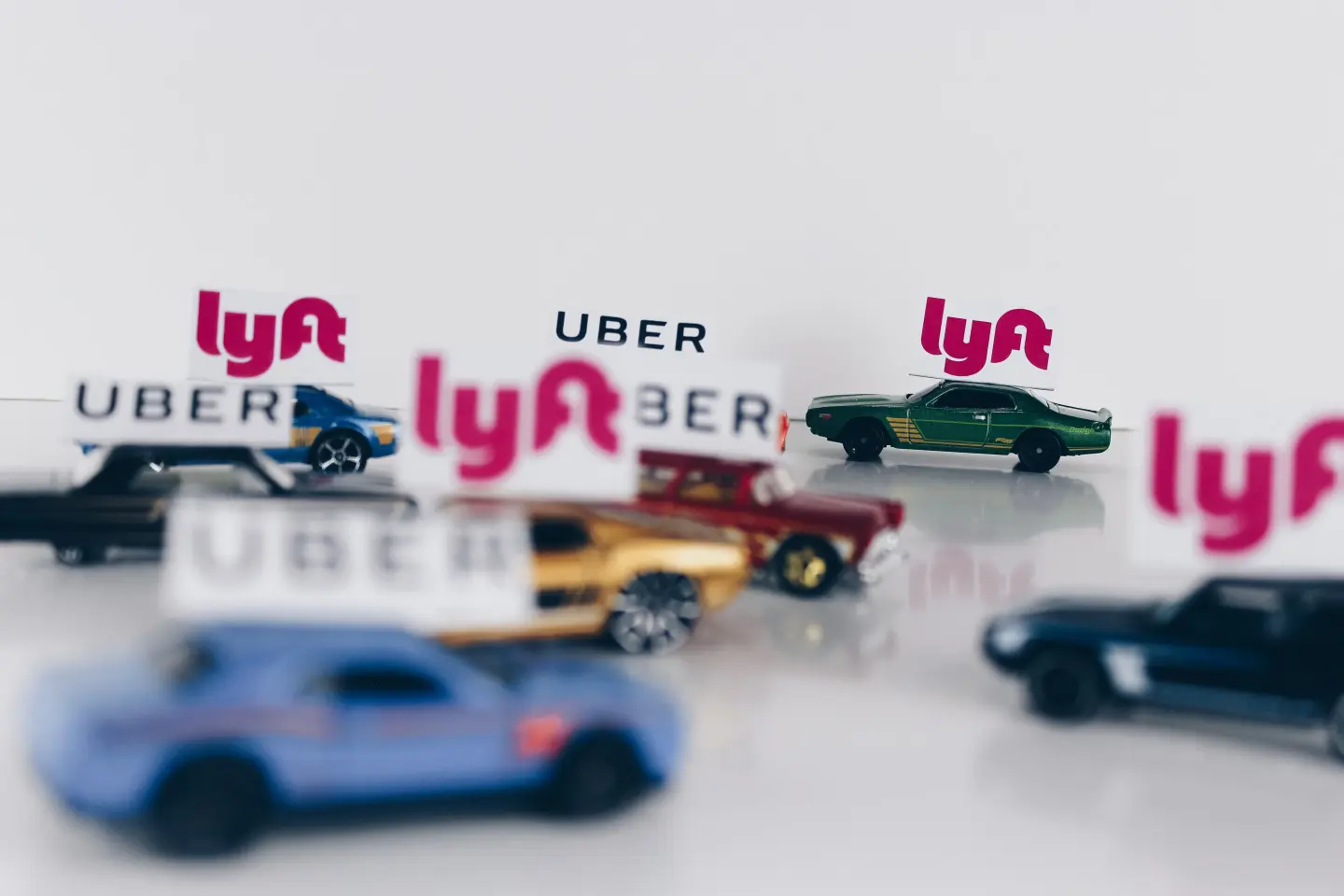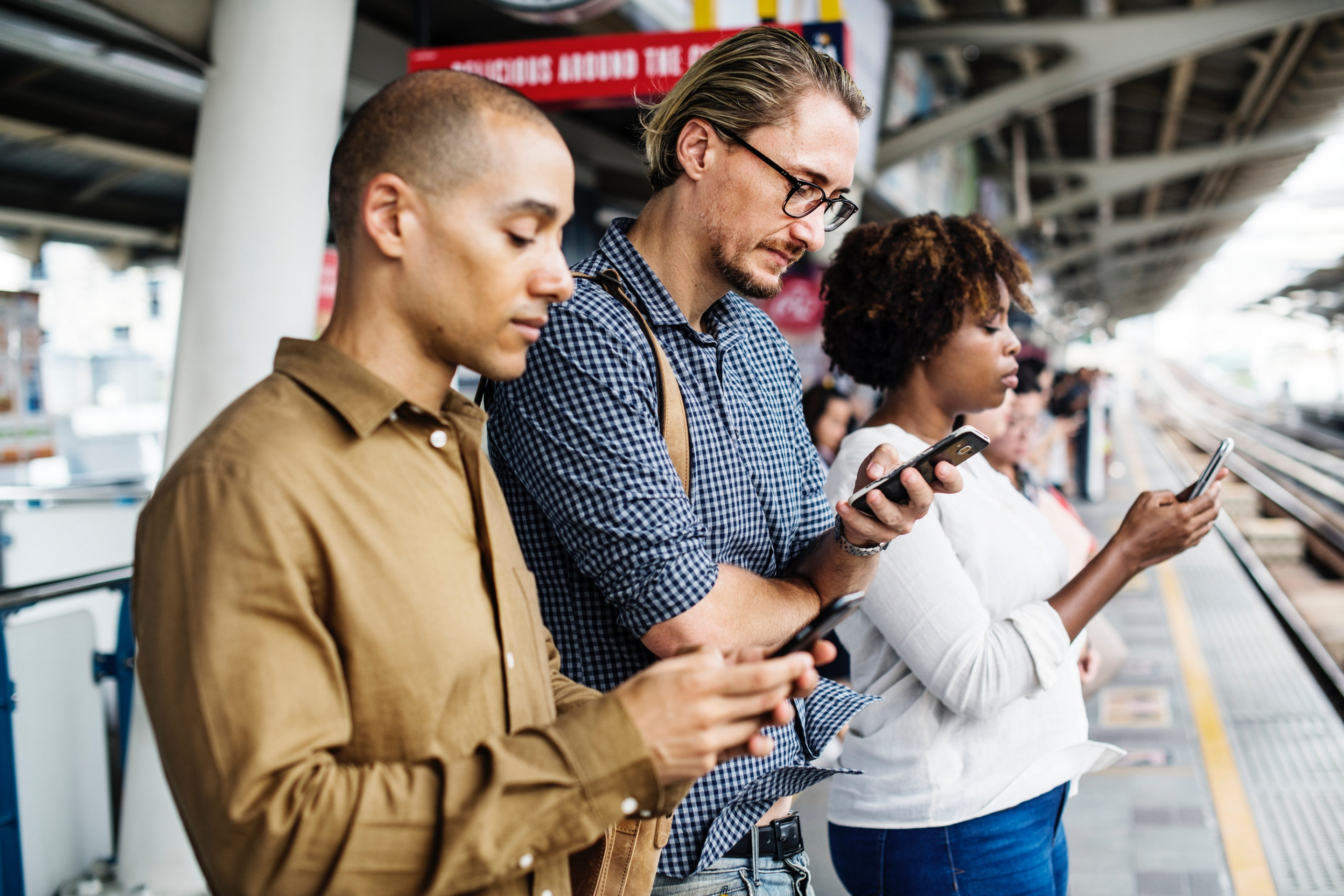Social Media is all about perception.
The most successful brands have been able to use their social platforms to gain loyal followers, communicate with their customers and be a part of their daily lives. However, as Uncle Ben would say, “With great power comes great responsibility.” For Uber, it only took one tweet to put them in the hot seat with their users and potentially cause irreparable damage to the brand.
On Saturday January 28th, The Taxi Workers Alliance in NYC had asked all drivers, including Uber, not to pick up at JFK airport from 6-7pm to protest Donald Trump’s immigration and refugee ban. Uber’s response was a misguided tweet, informing customers it had switched off surge pricing at JFK. This was, according to Uber’s CEO, an honest attempt to help customers continue traveling to and from JFK at normal rates, but it was seen across the nation as an attempt to undercut the strike, especially as they were asked to stand in solidarity. In this political climate, it has certainly not gone unnoticed that Uber’s CEO Travis Kalanick is serving as an economic advisor to President Trump.
Enter the power of Social Media.
Uber was quick to apologize but not before a social media campaign had been started on Twitter, via the #DeleteUber hashtag, quickly becoming the number one trend in the entire U.S. by Saturday night.
Lyft was also quick to act, coming out against the travel ban by pledging to donate $1 million to the American Civil Liberties Union. And just like that, the competitor car service company that never could quite catch up to Uber began soaring up the App Store’s Charts from #39 to #8, knocking Uber down to #17.


Uber “Trumped” Lyft’s $1 million by creating a $3 million fund to help cover immigration and legal costs for its drivers who were affected by the ban and spoke out against the new presidential administration’s travel ban but in just hours after that one tweet from Uber, thousands had already deleted their accounts, proving it by posting pictures of it. Four days later, #DeleteUber is still getting 525 tweets/hour, 975 retweets/hour and 10.5 million views/per hour.
For Uber, one tweet sent out during a time of political unrest in what’s being called the “Twitter Presidency” along with its CEO’s role within the Trump organization caused a national social media frenzy. The lesson for other companies is clear. Your customers are starting to hold the brands they use and trust accountable, and they are using social media to do it.


